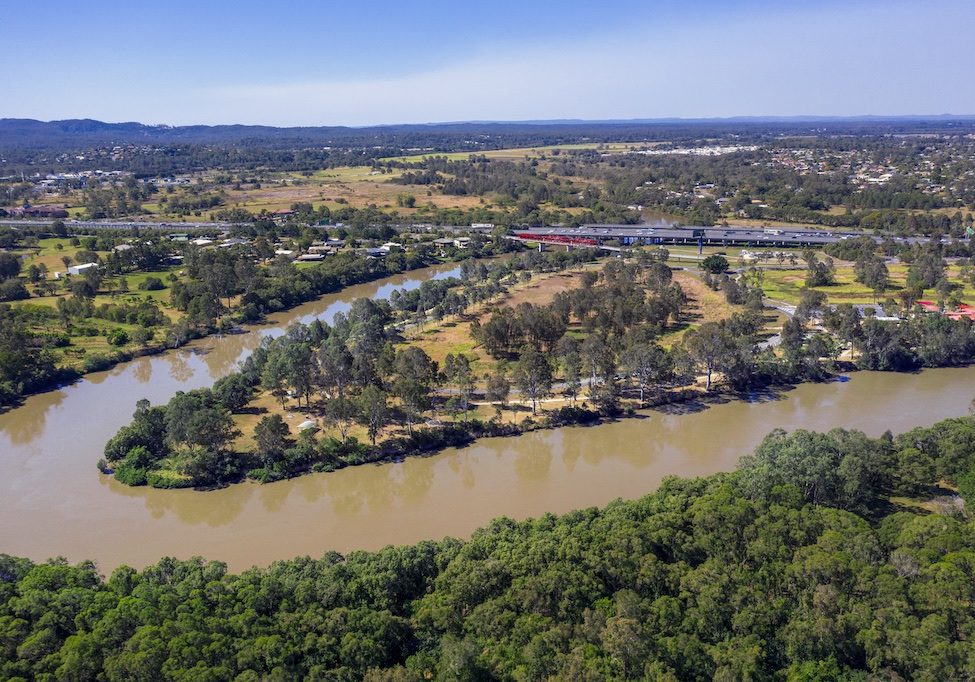With COVID-19 affecting the economic viability of businesses across Australia, recent changes have been announced by the Federal Government to help affected businesses. The Government has stressed the importance of implementing a temporary safety net for otherwise profitable and viable businesses that now face temporarily financial distress.
Some of the key changes are outlined below.
Changes to Thresholds for Statutory Demands and Bankruptcy Notices
Creditors have the ability to issue a statutory demand (a method of demanding payment of a debt) to a debtor Company. The failure to comply with a statutory demand may result in the debtor Company being wound up.
The Federal Government has temporarily increased the minimum debt that must be owing before a creditor can issue a statutory demand. The threshold will, for a period of six months, be increased from $2,000 AUD to $20,000 AUD. The compliance period for responding to a statutory demand has been extended temporarily from twenty-one days to six months.
Similar changes have been made to the bankruptcy regime with the minimum threshold for issuing a bankruptcy notice increasing from $5,000 AUD to $20,000 AUD. The compliance period for responding to a bankruptcy notice will also be temporarily increased from twenty-one days to six months; giving debtors more options to consider repayment arrangements.
These arrangements also will apply for a period of six months in relation to statutory demands and bankruptcy notices issued after 24 March 2020.
These measures do not impact upon other enforcement rights a creditor may have such as commencing debt recovery proceedings, enforcing a judgment (other than by statutory demand or bankruptcy notice) or enforcing security rights. Although we note the State courts have separately imposed certain restrictions on enforcement of judgments.
Changes to Insolvent Trading
The Federal Government has announced that insolvent trading laws will be suspended for a period of six months. This will temporarily relieve directors of personal liability for any debts incurred while trading when their Company is insolvent. However, this relief will only apply to debts incurred in the ordinary course of a Company’s business; and does not apply to any cases of egregious activity such as instances of dishonesty and fraud. Such activity will still be subject to potential criminal penalties.
Any relevant debts incurred by the Company will still be payable by the Company.
ASIC and AGMs
Guidelines have been released by ASIC regarding upcoming annual general meetings (AGMs) for Australian public Companies. ASIC has indicated it has a “no action” policy for Companies that are required to hold their AGM by the 31 May 2020. The effect of this policy is that providing such Companies hold their AGM by 31 July 2020, ASIC will take no action.
ASIC Guidelines also deal with the use of technology to facilitate holding of an AGM. However, such use of technology may be impacted by the provisions of the Constitution of a Company. We recommend legal advice be sought before conducting AGM’s using technology.
Comment
The intention of this legislation is to provide a temporary safety net for otherwise profitable and viable businesses that face temporarily financial distress. While this is certainly a worthwhile goal, the concern we have with the changes to the statutory demand regime in particular is that these changes may be seen cynically as an opportunity by some Companies to simply delay paying their creditors. This may have greater knock-on effects to other businesses and therefore the economy as a whole if the money stops flowing to creditors.
Conclusion
This is a fluid situation and there may well be further changes to the Corporations Act and Bankruptcy Act.
We at Stokes Lawyers are monitoring this situation and will provide further updates in due course.
For advice or information on the COVID-19 Government response and how it may affect you or your business, contact Director of Dispute Resolution, Scott Eustace, at [email protected].
Please note there are further governmental responses to address COVID-19 (such as the various financial stimulus packages) which may affect individuals, households and businesses (including small businesses). These other responses are outside the scope of this article. If you do have questions outside the scope of this article, please contact us at [email protected].
Contact Us
Need more information or want to book in a time to talk with one of our experts? Just fill in the form below and we'll get back to you.
Further Resources

NDAs and Contamination
Latest Videos
Businesses that we have helped
Here's a small selection of businesses we've helped achieve great outcomes.









As Featured In:












